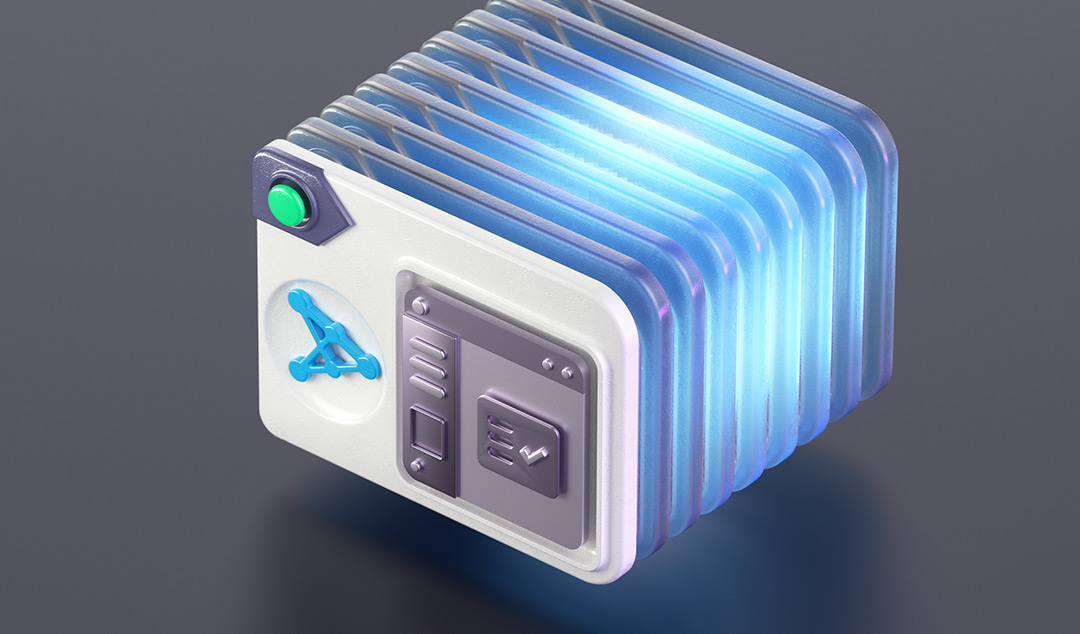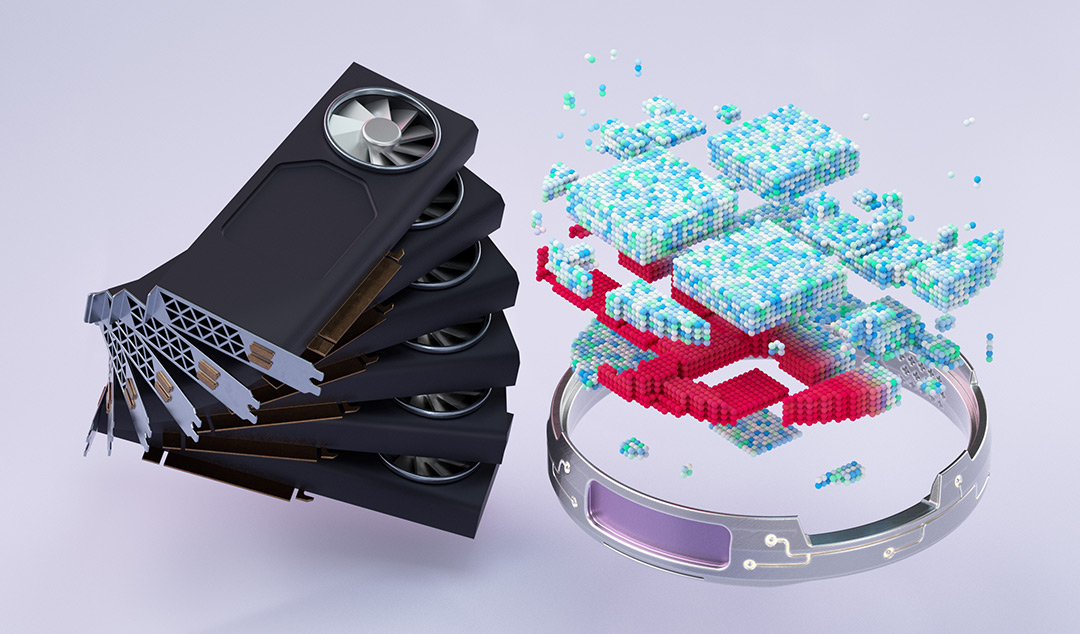Replace Work, Not Workers: How Agentic AI Empowers QA
Discover how agentic AI empowers QA teams by automating repetitive work, enabling professionals to focus on strategy and innovation for superior quality outcomes.

The conversation around AI in the workplace usually starts with one question: Will it replace us?
It’s an understandable concern, but it misses the real opportunity.
The real power of AI isn’t in replacing people. It’s in rethinking work itself. If we can automate the repetitive, frustrating parts, we can give humans back the time and space to do what we’re actually great at: thinking critically, solving problems, and driving innovation.
Nowhere is that shift more needed than in Quality Assurance (QA). For years, QA has been stuck in a cycle of brittle scripts, endless maintenance, and shrinking patience. Agentic AI changes that. It doesn’t replace QA professionals, it amplifies them. It gives teams leverage. And when QA teams have leverage, they deliver far more value to the business.
Creating Augmentation, Not Replacement
A solid AI strategy starts with understanding the difference between the work and the worker. Work is the execution: the tasks, the clicking, the validation, the grind. The worker is the expert: the human who sets the standards, understands context, and defines what quality means.
Agentic AI takes on the first so the second can focus on what matters.
Let’s be honest: no one joined QA to babysit scripts. Agentic AI handles that heavy lifting, the regression runs, the cross-browser checks, the repetitive validations. Meanwhile, QA professionals get back to the strategic parts of their job: understanding risk, improving the user experience, and guiding quality from a business perspective.
A successful human-AI partnership focuses AI on execution while humans guide the strategy. Humans stay in control by defining the strategy, setting the bar, and making the calls. AI just executes faster, more consistently, and without caffeine.
- Eliminating Repetitive Tasks: Agentic AI excels at handling thousands of repetitive validation steps, running 24/7 regression tests, and ensuring comprehensive cross-platform coverage. This is the "work" that often consumes the bulk of a QA team's time.
- Enhancing Human Expertise: By offloading these tasks, QA professionals can apply their expertise to more complex challenges. Their focus shifts from script maintenance to a deeper analysis of product quality and user experience.
- Maintaining Human Oversight: Humans remain in control. They set the strategy, define quality standards, and make the final decisions. The AI operates as a highly efficient and intelligent tool, executing the plan with precision and speed.
Agentic AI's Augmentation Capabilities
Functionize’s platform is built on an architecture of specialized AI agents, each designed for a specific function within the testing lifecycle. This "agentic AI" model is what enables true augmentation.
Automated Execution
Specialized agents handle the heavy lifting of test execution autonomously.
- Massive Scale Validation: The Execute Agent can run thousands of tests across different browsers, devices, and environments simultaneously, something that is impossible to achieve with manual testing.
- Continuous Testing: It provides 24/7 regression testing and monitoring, identifying issues as soon as they arise and ensuring continuous quality.
- Adaptive Maintenance: When the application UI changes, the Maintain Agent uses SmartFix technology to adapt tests automatically, drastically reducing the maintenance burden that plagues traditional automation.
Intelligent Analysis
AI agents go beyond simple execution; they provide deep insights that inform strategy.
- Pattern Recognition: The Diagnose Agent analyzes test results to identify patterns in defects, offering root-cause analysis in plain language.
- Risk Assessment: AI can assess risk based on change impact and defect history, helping teams prioritize testing efforts where they matter most.
- Performance Trends: The platform tracks performance trends over time, providing data-driven insights to predict and prevent future quality issues.
Self-Service Capabilities
A key aspect of augmentation is democratizing quality.
- Natural Language Test Creation: The Create Agent allows non-technical team members, like product managers, to generate fully functional test cases from natural language user stories.
- Reduced Dependencies: This self-service capability reduces the reliance on specialized QA engineers for test creation, allowing the entire product team to participate in quality assurance.
The Transformation of QA Roles
When the repetitive work is handled by agentic AI, QA professionals step into a higher-value role: strategy, insight, and influence.
From Script Maintenance to Quality Strategy
Instead of being bogged down in code, QA professionals are elevated to the role of quality strategists.
- Quality Architecture and Planning: They design the overall testing strategy, defining the architecture that ensures comprehensive coverage and aligns with business goals.
- Risk Assessment and Mitigation: Their focus shifts to identifying potential risks in new features and developing strategies to mitigate them before they impact users.
- Customer Experience Optimization: Freed from manual execution, they can dedicate more time to exploratory testing, edge case analysis, and a holistic assessment of the customer experience.
Enhanced Analytical Capabilities
QA teams become data-driven powerhouses, providing critical business insights.
- Predictive Quality Modeling: Using the data generated by AI agents, teams can build models to predict where defects are most likely to occur.
- Business Impact Assessment: They can connect quality metrics to business outcomes, demonstrating the direct impact of their work on revenue and customer satisfaction.
QA no longer serves as a support function. QA operates as a strategic partner to both the business and engineering teams alike.
A Framework for Team Development
Shifting to this model means investing in your people, helping them grow the skills and confidence to thrive alongside AI.
- Skills Transition Planning: Develop a roadmap that outlines the new skills required, such as data analysis, strategic planning, and risk management.
- Training and Certification: Invest in programs that provide your team with the necessary training to thrive in their new roles.
- Career Path Evolution: Redefine career paths within the QA organization to reflect the new strategic focus.
- Performance Metrics Adaptation: Adjust performance metrics to reward strategic contributions, such as improvements in quality outcomes and risk reduction, rather than just the number of tests executed.
Realizing the Organizational Benefits
The ripple effects of this transformation are felt across the entire organization.
- Improved Employee Retention: QA professionals are engaged in more meaningful, strategic work, leading to higher job satisfaction and retention.
- Enhanced Quality Outcomes: A strategic focus on quality, combined with comprehensive AI-powered testing, leads to a significant reduction in defects and a better end-user experience.
- Reduced Operational Costs: By automating the most resource-intensive aspects of QA, organizations can reduce spend from an industry average of 30% of engineering budgets to near 10%.
- Faster Time-to-Market: With an efficient, autonomous QA process, development cycles are accelerated, allowing for up to a 60% faster release velocity.
Build Your Sustainable Advantage
The future of QA isn’t about humans versus AI. It’s about humans with AI.
When we automate the work, we empower the worker. We turn QA from a maintenance function into a strategic one. And we create space for people to do their best thinking, their best problem-solving, and their best collaboration. Organizations that embrace this vision will not only lead their industries in software quality but will also cultivate a more engaged, strategic, and valuable QA workforce.
That’s how we build better products and better teams.











